Social justice
Social justice is the heartbeat of a society where every person’s rights and dignity are honored. It’s a collective effort that invites all of us to participate, ensuring everyone has a fair shot, and that no one is left behind.
Support our workSocial justice principles
There are four principles of social justice: human rights, participation, access and equity. When we consider these criteria, we can assess the level of social justice in a society.
1. Human rights
Human rights are a fundamental principle of social justice. The Universal Declaration of Human Rights was developed in 1948. Its ambition is to prevent the atrocities of World War II from occurring again. The Declaration states that everyone has a right to fair and equal treatment and to live in freedom.
2. Participation
In a socially just society, people contribute to decisions that impact their lives. This may include the right to vote or stand for parliament. Or it may simply mean the right to raise concerns and have those concerns heard. A society with equal participation will allow a range of perspectives and experiences to be heard and understood by the wider community. It will ultimately allow those needs to be addressed by public policies, laws and other structures.
3. Access
Social justice is all about the fair and compassionate distribution of resources and opportunities. No matter who you are, you should be able to access essentials like food, water and shelter.
Equitable access to opportunities is also important. Everyone should have the right to access education, training, job opportunities and financial resources.
4. Equity
Providing equal access to resources and opportunities does not mean that everyone will benefit equally. Different people have different needs.
Equitable distribution provides people with what they need in order to prosper. Some groups might need more than others. For example, people in economically privileged situations may need fewer opportunities to access university than people who missed out on going to school due to discrimination.
How is Oxfam seeking social justice?
Oxfam is part of a global movement for social justice. We add value to the work of those who experience and challenge injustice, doing everything in our power to amplify their voices. We are also building global support to address social justice issues.
We work with communities and organisations to deliver sustainable development programs, which tackle the inequalities that keep people in poverty. We also campaign and advocate for equality and justice.
We are tackling the most significant injustices that keep people in poverty: economic, gender, climate and First Peoples’ injustice.
Social justice in the modern world
Throughout history, people have come together to fight for social justice; for the right to be treated fairly. These movements involve the groups impacted by injustice and their allies, who help amplify their voices.
Social justice movements can and have changed the world. When people come together and fight for justice, they capture the world’s attention. Social justice advocates can then pressure politicians or companies to change unfair policies and practices. Mass media, social media, petitions and protests are tools used to amplify modern social justice campaigns.
Some of the most influential social justice movements
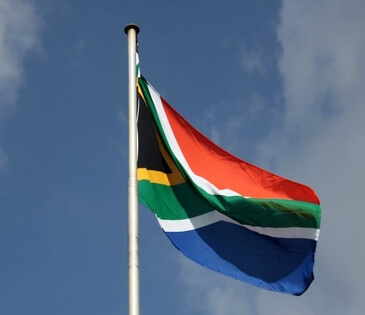
Anti-Apartheid Struggle
Apartheid refers to the legislated separation of white and non-white South Africans. This racist law was upheld for around 50 years before being abolished in the 1990s. The end of apartheid was strongly influenced by the leadership of Nelson Mandela. He was a figurehead of the resistance to apartheid despite being imprisoned for his activism.
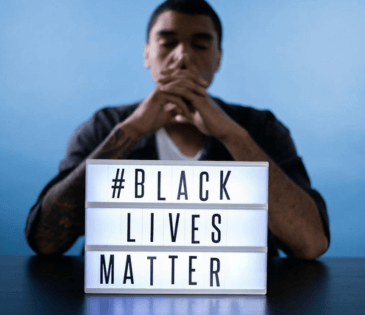
Black Lives Matter
The Black Lives Matter movement started in the United States in 2013. It began in opposition to police brutality and racism following high profile killings of Black Americans. In 2020, up to 25 million people protested as part of the movement following the death of George Floyd. Now, Black Lives Matter is working in the US, UK and Canada against violence inflicted on Black communities.
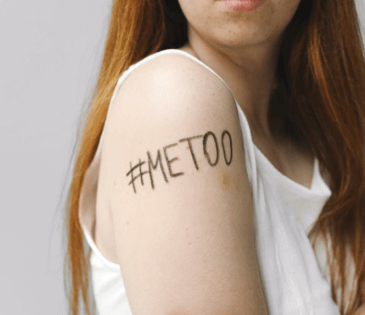
MeToo Movement
The MeToo movement was founded by Taran Burke in 2006. It is a survivor-led movement against sexual violence. The hashtag #MeToo went viral in 2017. It brought millions of women together to share their stories of sexual violence and advocate for change.
Social justice in Australia
In Australia, social justice movements have advanced the treatment of women, Indigenous people and the LGBTQIA+ community.
Women won the right to vote and run for federal election in 1902 after decades of campaigning. However, Aboriginal and Torres Strait Islander people were denied the right to vote until the 1960s. It took more than 50 years of campaigning by Indigenous groups and allies to win this right.
More recently, in 2017, marriage equality was written into law following strong community support.
Famous social justice advocates
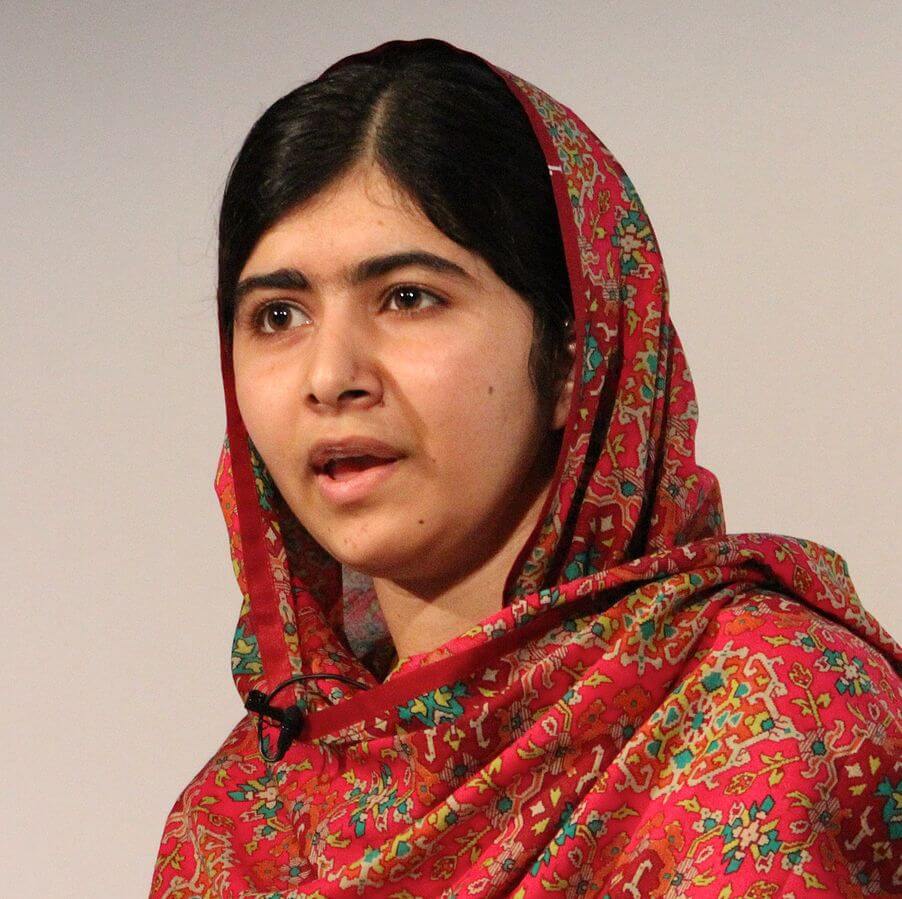
Malala Yousafzai
Malala is an advocate for girls’ education. Growing up under Taliban rule in Pakistan, Malala and other girls were banned from going to school. She spoke out about the right for equal education. In 2012, she was shot in the side of the head by a masked gunman. After recovering in the United Kingdom, Malala continued advocating for girls’ education. She started the Malala Fund and was awarded a Nobel Peace Prize.

Vanessa Nakate
Vanessa is a climate activist from Uganda. She was inspired by Greta Thunberg’s school strikes for climate action and launched her own climate movement. In 2019, she protested outside parliament against the government’s inaction on climate change. She founded the Youth for Future Africa and the Africa-based Rise Up Movement. Vanessa is now one of the world’s most celebrated youth activists.
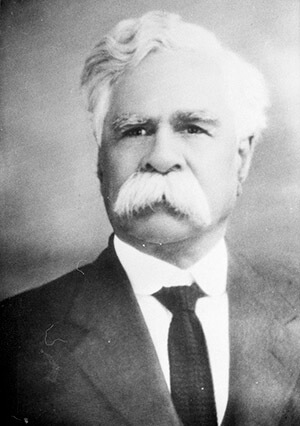
William Cooper
William was an Indigenous rights campaigner in Australia. He lobbied for Aboriginal people to be represented in parliament in the 1930s. He founded the first advocacy group made up of First Nations people — the Australian Aborigines’ League.
William Cooper organised an ‘Aboriginal Day of Mourning’ on 26 January 1938. The day raised awareness of the impact of colonisation on the First Peoples of Australia.
How can you help achieve social justice?
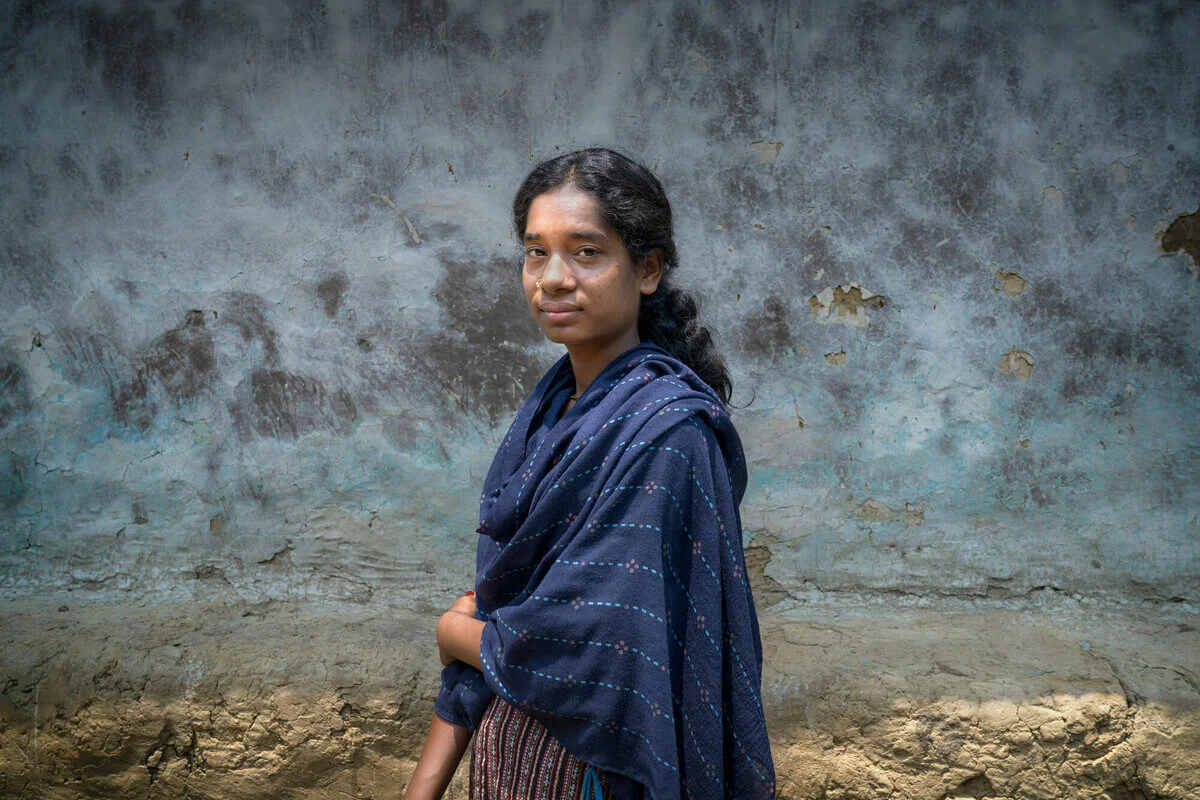
Donate
Standing up to powerful institutions and changing the balance of power takes time, skill and money. Support social justice issues with a donation.
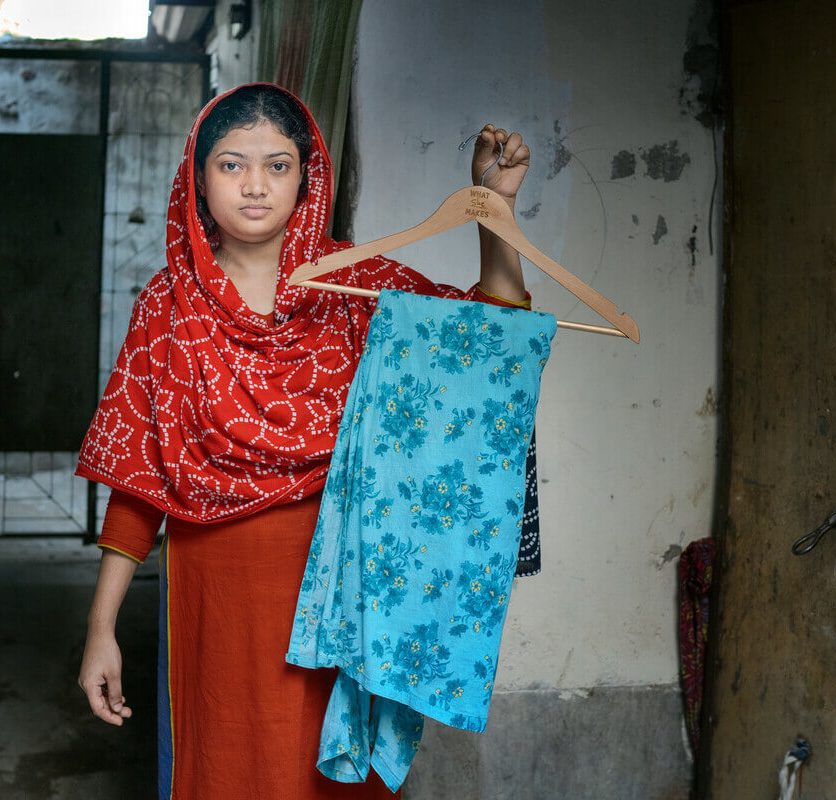
Be a conscious consumer
Think about what you are buying and how it impacts those involved in its production. Purchase environmentally friendly products and support companies that treat their workers fairly.
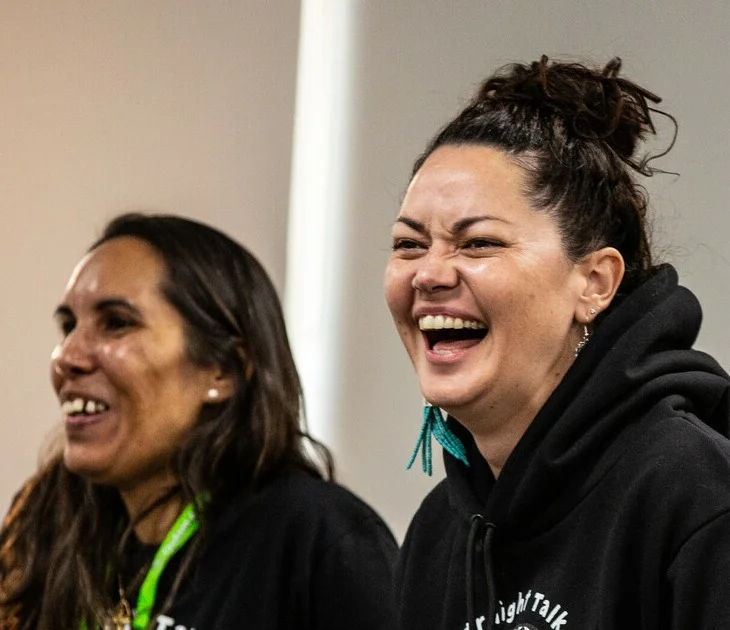
Volunteer your time and skills
Oxfam volunteers are an incredible group of people. Not only do they give their precious time to help us with our goal of ending world poverty, but they also form the backbone of our organisation.
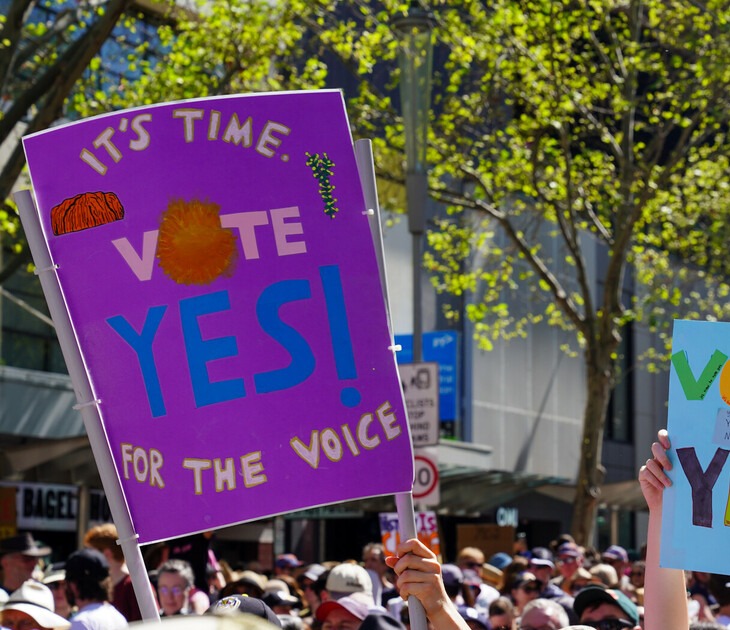
Stay informed
Sign up to causes that you are passionate about. Attend events and protests and share what you learn with others. Find out more about Oxfam’s work seeking social justice.
Publications on social justice
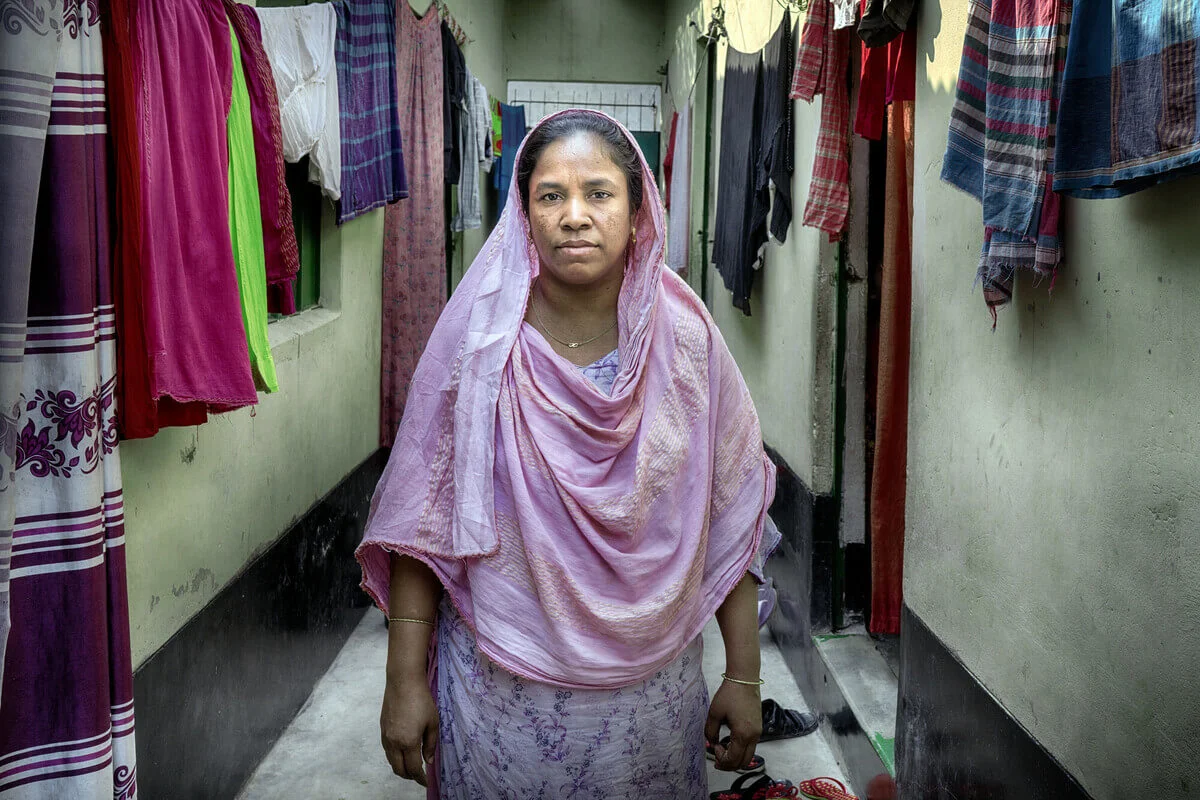
INEQUALITY REPORT
Fight Inequality
Inequality is a killer, contributing to the deaths of at least one person every four seconds. Let’s tax the super-profits of the rich and use this money on nurses, on hospitals and on vaccines — not on boosting the bank accounts of billionaires.

Oxfam’s Global Strategic Framework (2020-2030)
Billions of people around the world are trapped in poverty and injustice. This strategic framework sets out Oxfam’s commitment to achieving a just and sustainable future.
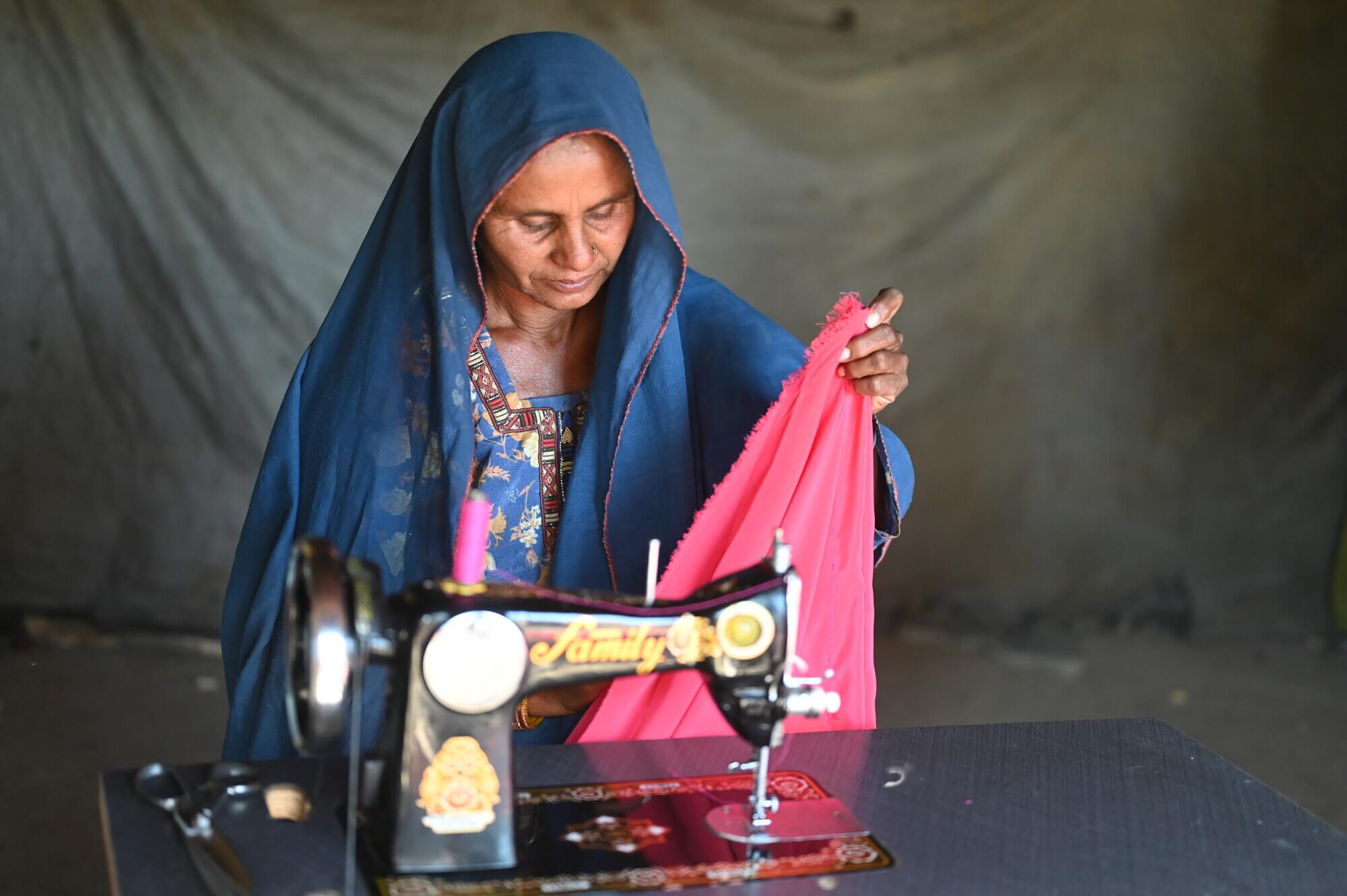
Oxfam Inequality Report 2023
Amid unparalleled crises, taxing the wealthy gains spotlight, historically rooted and popularly backed, as a potent tool to curb inequality across economic, racial, gender, and colonial spectrums.
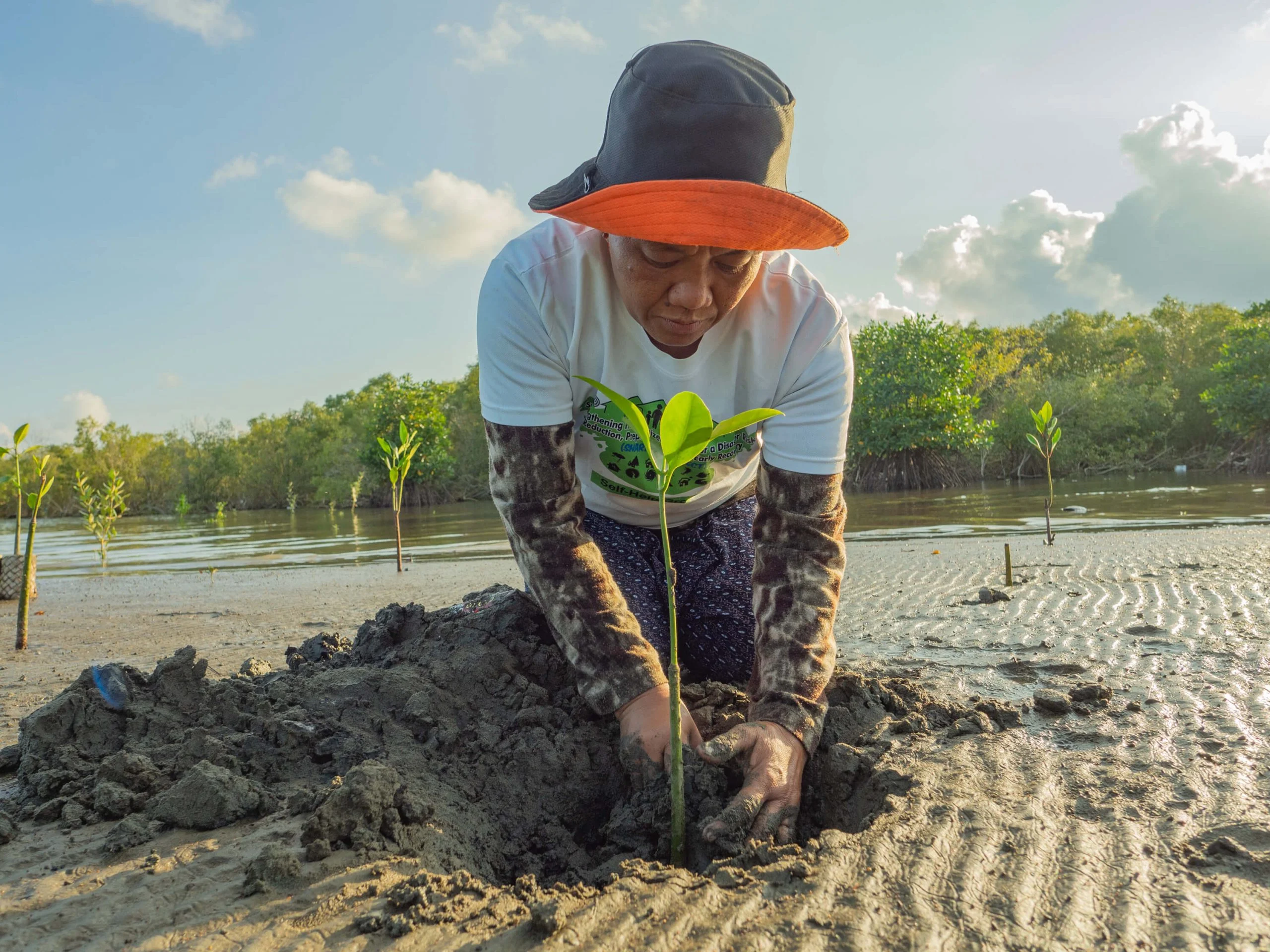
Fairer Futures: Financing Global Finance Solutions
How we respond to climate change over the next decade will determine the fate of billions of people globally, as well as the stability and prosperity of our region. Ambitious international climate finance pledges, alongside bold domestic emission reduction targets, is critical for successful and just global climate solutions.
FAQs
What are the core principles of social justice?
Defining social justice can be complicated. Social justice is broadly understood to mean the fair and equal treatment of everyone in society. To achieve social justice, the following principles need to be met:
1. Human rights
Everyone has their human rights upheld; the right to live in freedom and experience fair and equal treatment.
2. Participation
All members of society can participate in the decision-making that impacts them.
3. Access
Everyone has access to the same resources and opportunities.
4. Equity
Access is provided in an equitable way, which means that some people may require more resources or opportunities than others to overcome their hardship.
What are the social justice issues in Australia?
Social justice refers to the fair and equal treatment of all people in society. In Australia, there is inequality across many groups of people. Indigenous Australians are rarely involved in the decisions and policies that affect their lives and lands. This inequality results in low rates of life expectancy. It also leads to disproportionately high rates of unemployment, poverty and incarceration.
Gender inequality is also holding Australia back from achieving social justice. One in four women in Australia have experienced sexual violence, while Australian women spend an average of nine hours a week more than men doing unpaid work (ABS, 2021).
Australia’s economic structures benefit the wealthy and exclude people living on the fringes of society. Many billionaires and corporations pay little or no tax, meanwhile, workers on the minimum wage are forced to contribute their fair share.
Can social justice be achieved?
Yes! But social justice can only be achieved if we work together.
History has shown us what is possible when people come together to fight injustice.
The #MeToo and climate change movements have shown us that positive change is possible.
The work is not done yet, but neither are we! We will continue to stand in solidarity with those who are being treated unfairly and will do everything we can to help them change the systems that are harming them.
How does social justice help fight poverty?
Social justice helps overcome poverty because, in a just society, wealth, income and essential goods and services would be shared more evenly. To promote social justice, it is critical that these resources and opportunities are shared in an equitable way. This means that people who have experienced more barriers and hardships may need more assistance than others.
Social justice also means that any governments and corporations that harm society, damage the environment and focus solely on economic growth are held accountable. Power and wealth are redistributed and inequality is reduced. By reducing the level of inequality between members of society, everyone can enjoy a better quality of life.
Discover other areas of our work
FIRST PEOPLES JUSTICE
Working with First Peoples to achieve the change they seek.
GENDER EQUALITY
Empowering women and girls to earn, learn and lead.
ECONOMIC INEQUALITY
Empowering communities to lift themselves out of poverty.
HUMANITARIAN AID
When an emergency hits, Oxfam is there.

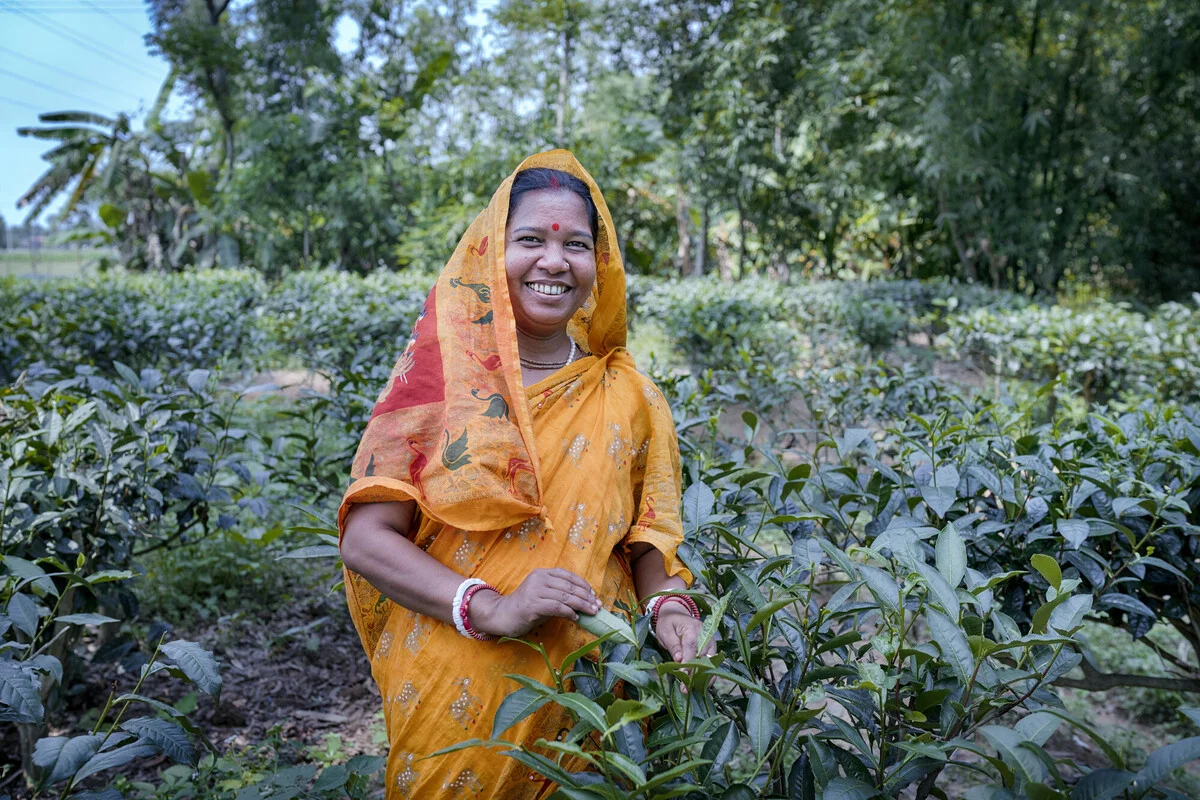
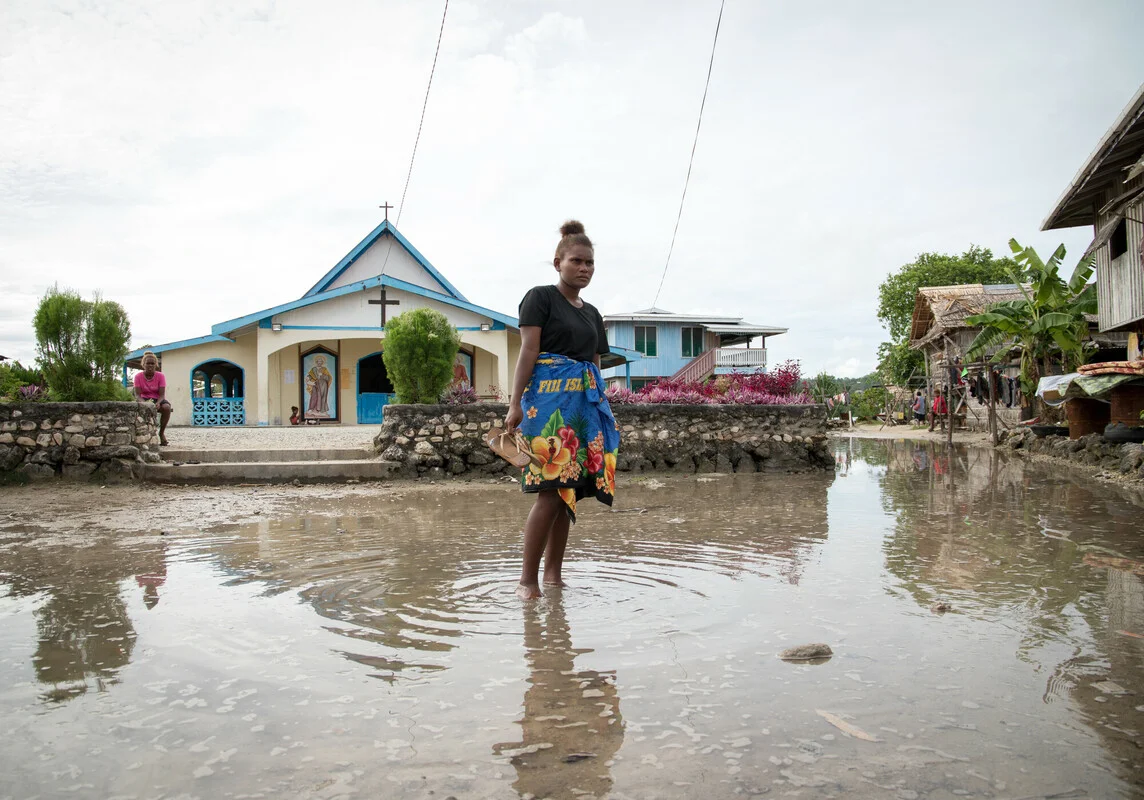
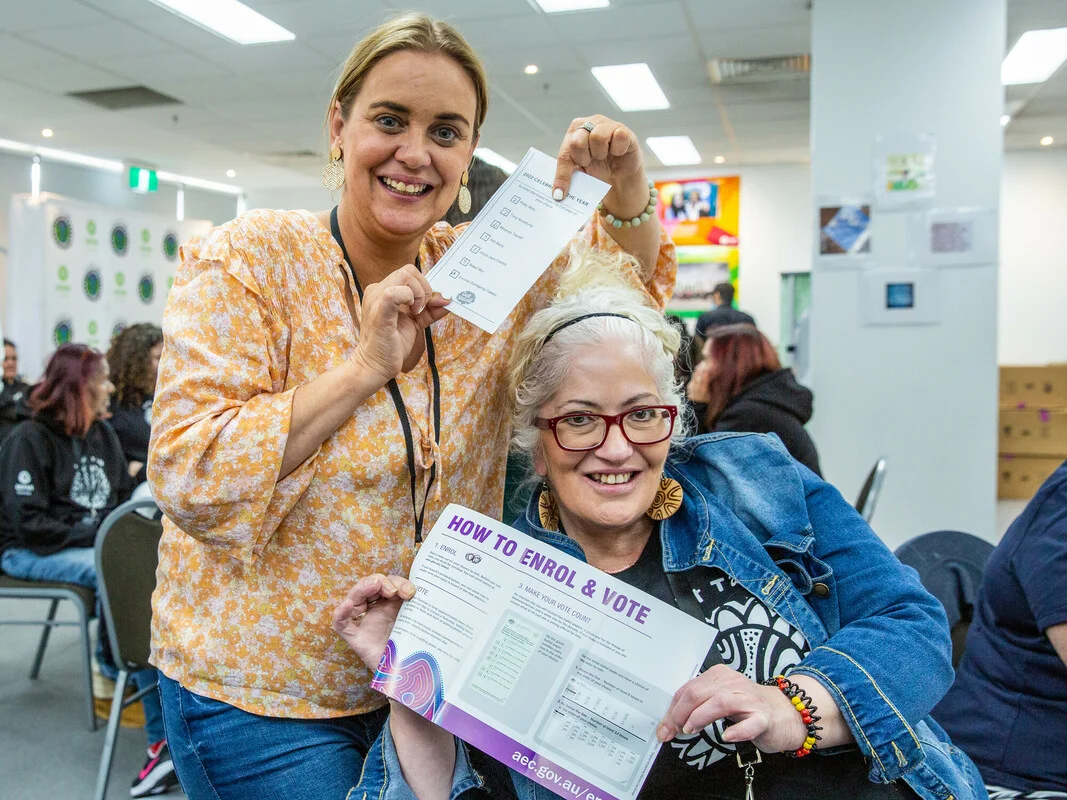
![Sagori has been a tea worker since her husband's death seven years ago. With only her single income of just 170 Taka [AU$2.30] per day, she struggles to provide for her children. She also suffers from leeches and insect bites from working in the tea garden fields each day.](https://www.oxfam.org.au/wp-content/uploads/2024/08/Oxfam-InuruID-369775-Bangladesh-2024-05-11-23_57_00.jpg)